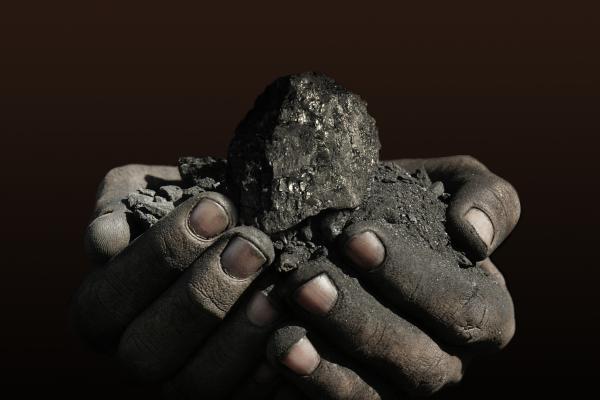I HAVE SOMETIMES been dismayed by the lack of speed that some churches and denominations have shown when it came to tackling environmental issues. On the question of divestment from fossil fuels, for instance, the Unitarians have been forthrightly in favor, and the United Church of Christ as well (and the Rockefellers!). But the Methodists, Lutherans, Presbyterians, and Anglicans are, by and large, dragging their feet as usual.
Sometimes I confess to imagining that God herself might be getting a bit impatient, too—how else to explain the name of the site for the next great fossil-fuel battle?
It will happen in Australia’s Galilee Valley, a remote basin many hours from the continent’s cities. At the moment it’s basically untouched, but plans call for it to become The Biggest Coal Mine on Earth. There is enough coal beneath its soil to provide 6 percent of the carbon that would take us past the two-degree rise in temperature scientists have given as the ultimate red line. That is to say, one valley in one nation (a nation with one-third of 1 percent of the planet’s population) can do 6 percent of the job of wrecking the planet. One valley!
Read the Full Article

